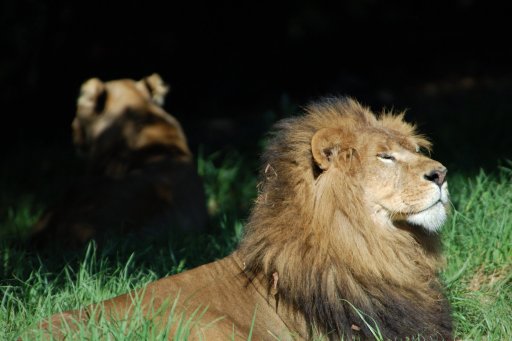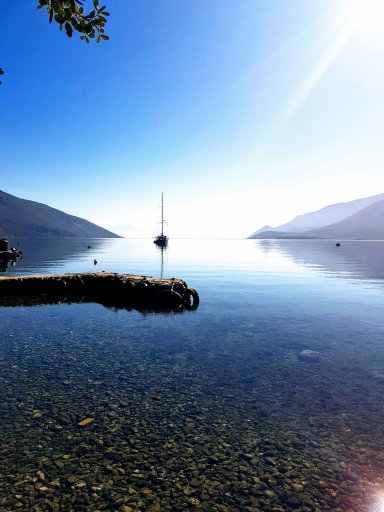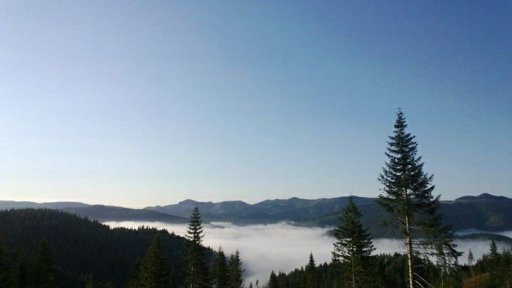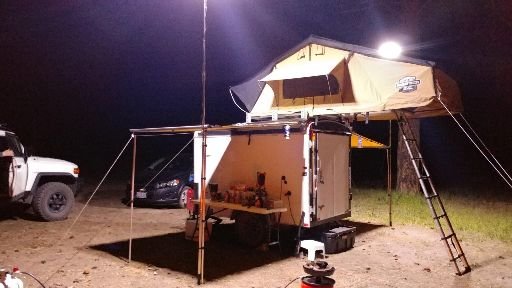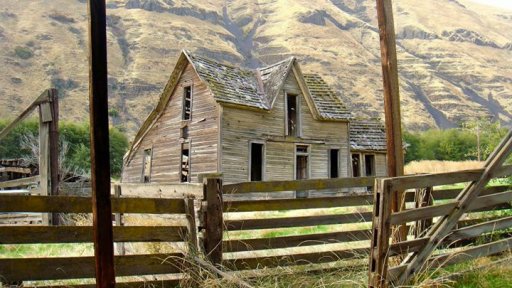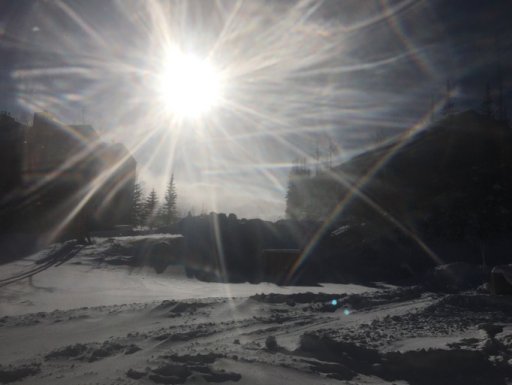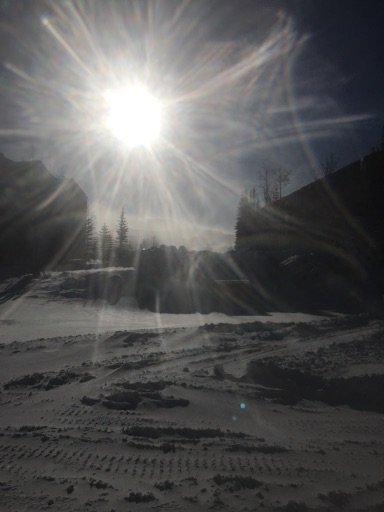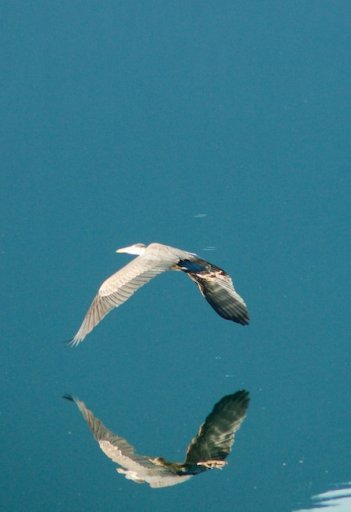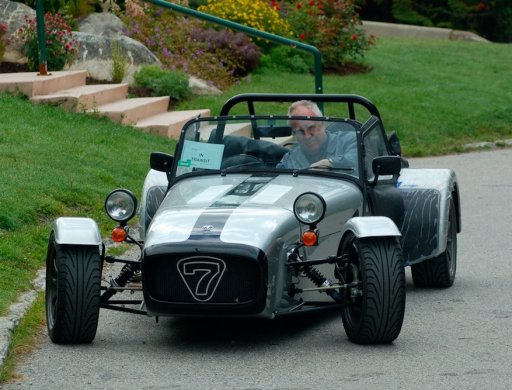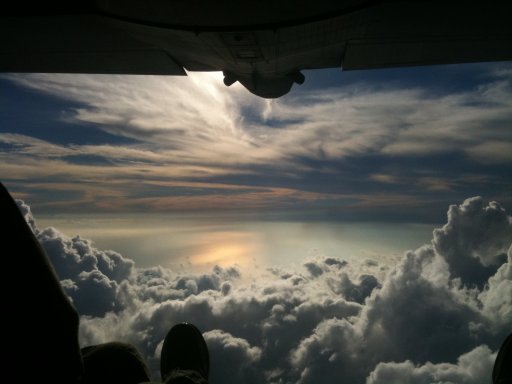The most spectacular picture you've ever taken...
- Thread starter Ashton
- Start date
-
Guest, UPDATE We went through the site migration runbook and completed all steps. We will need to complete the migration next week, but will leave the forums up for the weekend. A few days after maintenance, a major upgrade revision to the forum site will occur.
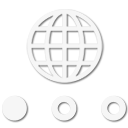
World Traveler I

World Traveler I
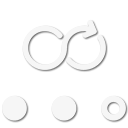
Endurance II

Advocate III
I have images I like a lot going back decades. These are all from the last year with the exception of the last one, which is from the year before.
..

Borderlands Sunset
This was originally a throw-away shot to which I paid little attention. Then, when looking through my images for mountain ridge silhouettes to put in a desert mural I'm painting, came across this one again and worked it up. Now, even though I'd do more to it if printing it large, I love it as a pano. Mostly for the memories it evokes from that basecamp.
..
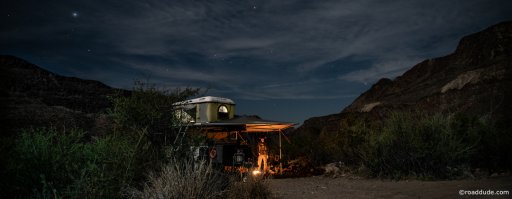
Sirius and Orion Over Border Camp.
..
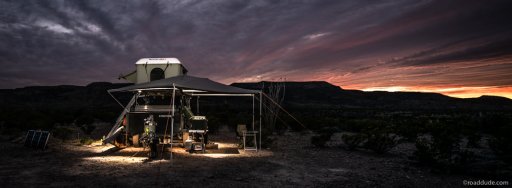
Sunset Over Mexico
I rarely ever have my trailer's rock lights on in camp, or have my awning lit up this much, but played with lighting fast while making this shot to catch the colors before they disappeared. I wanted it to be like a Mars outpost in overall feel.
..
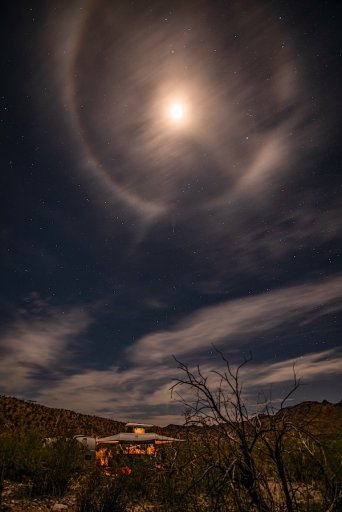
Winter Moon Halo, Borderlands
Fairly rare for ice crystals to line up just right for a moon halo. As I understand it, they are actually reflecting sunlight from the sun, now over the horizon hours ago.
Time exposure, LED light in the RTT, and propane fire ring providing the rest of the light.
..
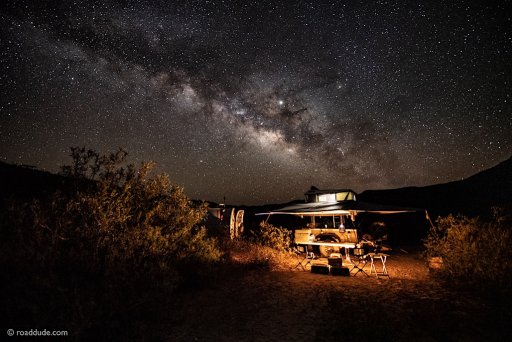
Milky Way Rising Over Basecamp Roaddude.
Stayed out in the Chihuahuan Desert for 17 weeks last winter and spring, camping, learning how to read sign and track animals, documenting the record desert bloom, and teaching night sky photography.
..
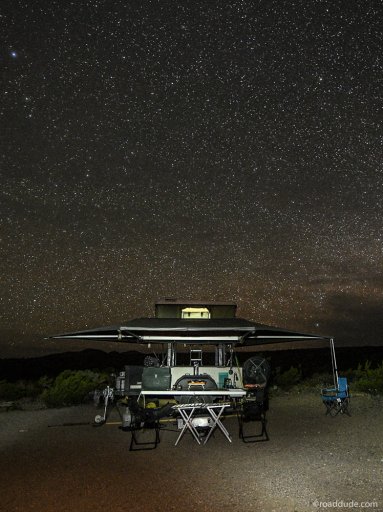
Basecamp Roaddude, Mexican Border
Time exposure, LED in the RTT, otherwise light-painted with an old pocket Streamlight Microstream.
Yep, there really are that many stars when you get out away from all light pollution.
You can see how sloped the spot actually is, from how level the trailer is compared to the chairs and tables.
..
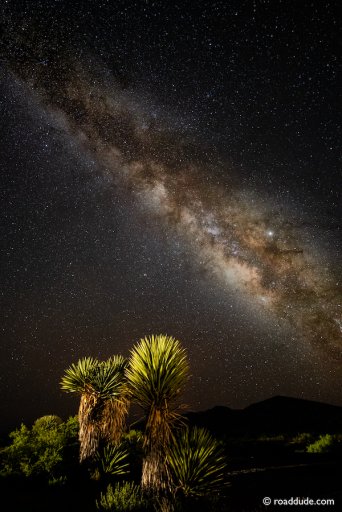
Giant Yuccas & Galactic Core of the Milky Way
These Spanish Dagger Yuccas are about ten feet tall. This is definitely a favorite image, both of mine and of those who see my photos.
..
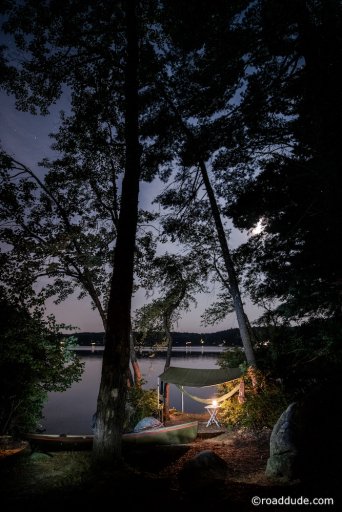
Canoe Camp, New Hampshire, Late Summer 2019
This is a time exposure well after dark on a full moon night, with half a dozen or so strategically placed LED pods from my Ready Lights to get just the lighting I wanted. Was going for a more slick advertising campaign or cover look and am pleased with how it worked out.
..
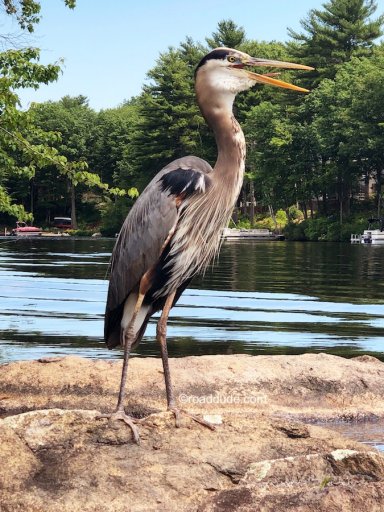
Great Blue Heron
I actually was that close. I'd spent a lot of time getting to know this bird, gliding quietly past in my canoe without paddling, closer each time and in different spots over time, to the point in this image the bow of my canoe actually bumped the rock he was on. I made several images, all iPhone shots, before he flapped away.
I admit to being a bit anxious still about taking my Nikons out in the canoe.
..
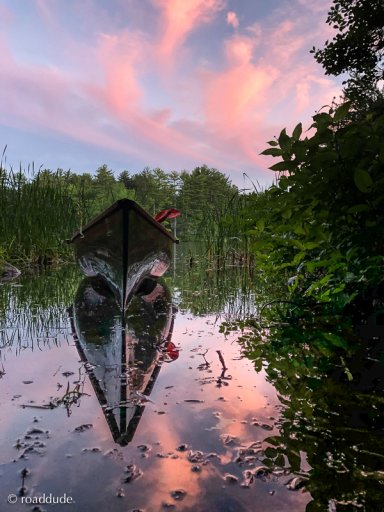
Viking Nomad
It's a Hornbeck Nomad, really, 14' Solo/tandem, though this low angle shot, with the canoe sitting so still in the water, not even tied, reminds me of a Viking vessel. This was an iPhone image, too. Love the little splash of red the paddle provides.
Thanks for starting the thread, @Ashton, and inviting folks to post images even if they'd been posted before elsewhere.
Stay safe, stay clean, stay healthy!
.
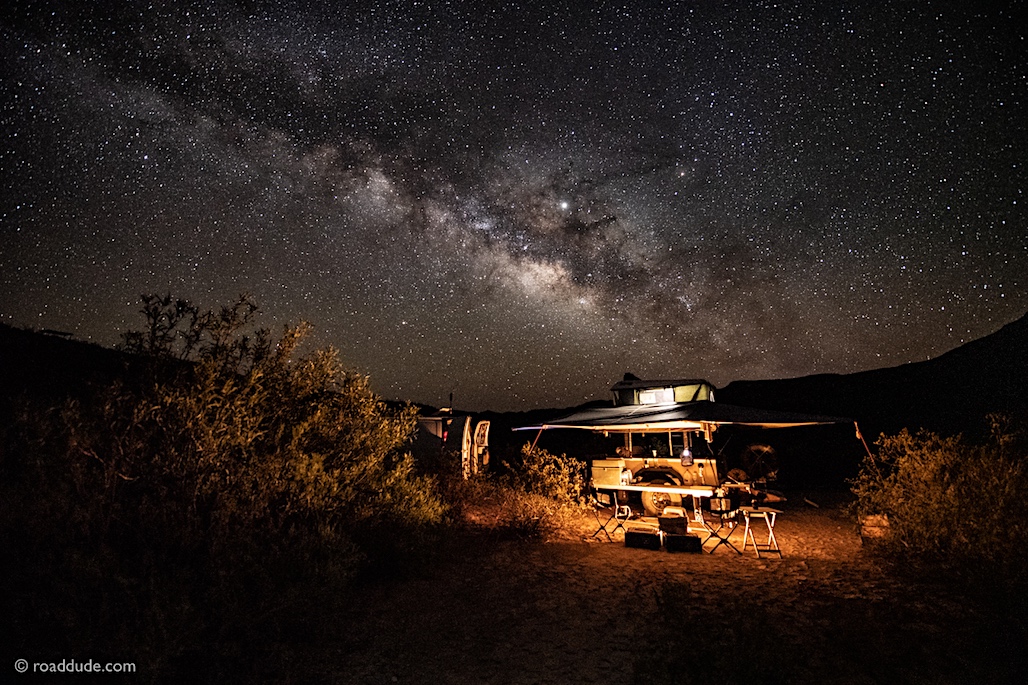
 roaddude.com
roaddude.com
..

Borderlands Sunset
This was originally a throw-away shot to which I paid little attention. Then, when looking through my images for mountain ridge silhouettes to put in a desert mural I'm painting, came across this one again and worked it up. Now, even though I'd do more to it if printing it large, I love it as a pano. Mostly for the memories it evokes from that basecamp.
..

Sirius and Orion Over Border Camp.
..

Sunset Over Mexico
I rarely ever have my trailer's rock lights on in camp, or have my awning lit up this much, but played with lighting fast while making this shot to catch the colors before they disappeared. I wanted it to be like a Mars outpost in overall feel.
..

Winter Moon Halo, Borderlands
Fairly rare for ice crystals to line up just right for a moon halo. As I understand it, they are actually reflecting sunlight from the sun, now over the horizon hours ago.
Time exposure, LED light in the RTT, and propane fire ring providing the rest of the light.
..

Milky Way Rising Over Basecamp Roaddude.
Stayed out in the Chihuahuan Desert for 17 weeks last winter and spring, camping, learning how to read sign and track animals, documenting the record desert bloom, and teaching night sky photography.
..

Basecamp Roaddude, Mexican Border
Time exposure, LED in the RTT, otherwise light-painted with an old pocket Streamlight Microstream.
Yep, there really are that many stars when you get out away from all light pollution.
You can see how sloped the spot actually is, from how level the trailer is compared to the chairs and tables.
..

Giant Yuccas & Galactic Core of the Milky Way
These Spanish Dagger Yuccas are about ten feet tall. This is definitely a favorite image, both of mine and of those who see my photos.
..

Canoe Camp, New Hampshire, Late Summer 2019
This is a time exposure well after dark on a full moon night, with half a dozen or so strategically placed LED pods from my Ready Lights to get just the lighting I wanted. Was going for a more slick advertising campaign or cover look and am pleased with how it worked out.
..

Great Blue Heron
I actually was that close. I'd spent a lot of time getting to know this bird, gliding quietly past in my canoe without paddling, closer each time and in different spots over time, to the point in this image the bow of my canoe actually bumped the rock he was on. I made several images, all iPhone shots, before he flapped away.
I admit to being a bit anxious still about taking my Nikons out in the canoe.
..

Viking Nomad
It's a Hornbeck Nomad, really, 14' Solo/tandem, though this low angle shot, with the canoe sitting so still in the water, not even tied, reminds me of a Viking vessel. This was an iPhone image, too. Love the little splash of red the paddle provides.
Thanks for starting the thread, @Ashton, and inviting folks to post images even if they'd been posted before elsewhere.
Stay safe, stay clean, stay healthy!
.

Roaddude - On the Road In North America - ROADDUDE
Roaddude - Traveling Photographer/Writer/Artist On the Road In North America. Gear, reviews, people, places, and culture.
 roaddude.com
roaddude.com

Endurance II
Cabin Lake, Oregon.
Attachments
-
29.9 KB Views: 31

Endurance II
Deschutes River, Oregon
Attachments
-
86.4 KB Views: 49
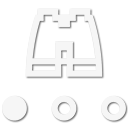
Explorer I
I don’t know which is more spectacular so I am posting both. I took both of these within a minute. Anyway the spider web effect is caused by ice crystals or snow in the air. In this case it is snow this is about 15 minutes ahead of a blizzard last fall the winds were blowing roughly 60 mph in the area in front of the front
Attachments
-
67.2 KB Views: 36
-
39.6 KB Views: 32

Member III

Member III
I am old school I like shooting RAW with no photoshop. I prefer to get the shot with the camera not creating it with a computer..
Chasing birds in Florida. Kite surfing.
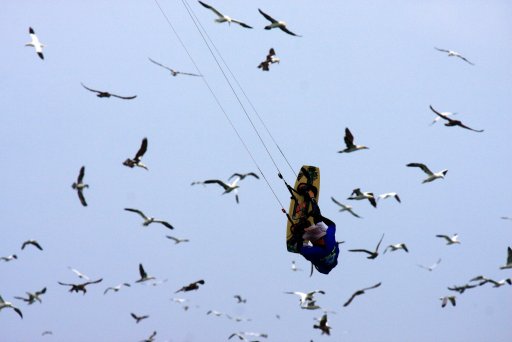
This was a very unusual cloud formation Mount San Jacinto.
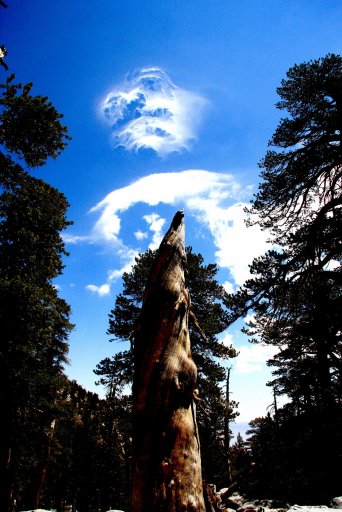
This is a fun shot if you look closely there are pine needles on the ground. The tree in this photo was actually a 12 inch tall twig I stuck in the ground.
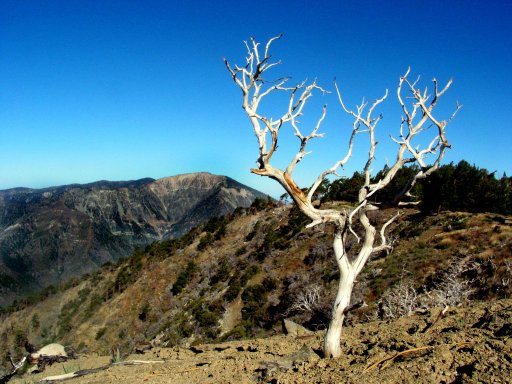
Hidden lake near Mount San Jacinto
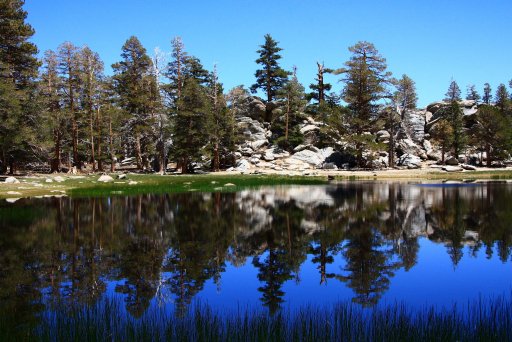
A storm brewing in the back yard...
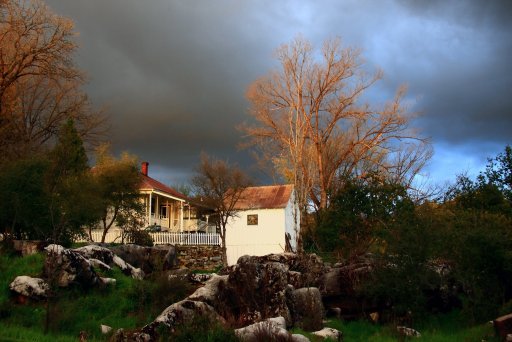
Chasing birds in Florida. Kite surfing.

This was a very unusual cloud formation Mount San Jacinto.

This is a fun shot if you look closely there are pine needles on the ground. The tree in this photo was actually a 12 inch tall twig I stuck in the ground.

Hidden lake near Mount San Jacinto

A storm brewing in the back yard...


Advocate III
Love those shots @Road I'd love to camp under a sky that dark.
What do you shoot with?
.I am old school I like shooting RAW with no photoshop. I prefer to get the shot with the camera not creating it with a computer..
Thanks, @Rath - The last two were done with an iPhone X. All others were shot with a Nikon D850, though it is often just as much about the lens one chooses to use. Having a good, fast, wide lens like a Nikkor 14-24 f2.8 for night sky shooting, and good glass in general can make a ton of difference. Having a great camera like the D850 sure helps, though for the money, I'd go with great glass before an overly expensive camera.
Darkest night skies in the lower 48, Class 1 on the Bortle Scale. Most Milky Way and night sky images are done with time exposures of 15-20 seconds and a great tripod, and sometimes a star tracker (which moves your camera at the same speed the earth is turning to minimize star blur), though when you're in a great spot with no light pollution, you can see more stars with the naked eye than you ever thought possible. Where I like to go along the edge of Mexico there isn't even a stop light within thirty miles or more, much less street lights or business districts with bright lights.
@Charles M - I agree. Shooting RAW allows one to keep all the detail without compression. Agree about Photoshop, too. I can't remember when I last used Photoshop.
To import, edit, adjust, and keep tons of images organized, I like Adobe Lightroom. I teach it, too, actually. It allows me to do what I used to do in the darkroom: crop, adjust color, contrast, and saturation, dodge and burn, and set up for printing or presentation in another form.
When leading studio photography, off-camera lighting, and night sky workshops, I teach that doing as much in-camera and on-set as possible, lighting and all, is being a photographer. To depend on Photoshop to "fix" things is being a Photoshop artist, not a photographer.
Stay safe, stay clean, stay healthy!
.
Last edited:
We haven't taken it yet. I guess we'll have to keep going out to remote, spectacular places until we do. 

Member III
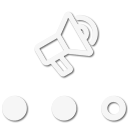
Enthusiast II
- 509
- First Name
- Bruce
- Last Name
- Slamin
- Member #
-
22911
- Service Branch
- Army/Air Force
These were taken with my camphone out the back of an HC-130 cargo area (open ramp) at 9,999 ft over Hawaii. My boot can be seen in lower left of image.
Attachments
-
845.8 KB Views: 48

Advocate III
.These were taken with my camphone out the back of an HC-130 cargo area (open ramp) at 9,999 ft over Hawaii. My boot can be seen in lower left of image.
Ohh man, I'd love to have that view in person and be able to get some images. I've been in military choppers and a ton of private planes, but nothing with an open cargo bay door like that.
Awesome view and image.
.

Member III
Indeed! I shoot with a lil sony A6000. have a 12mm f2.0 that does decently!All others were shot with a Nikon D850, though it is often just as much about the lens one chooses to use

Member III
You do very nice work I really like your night shots..
Thanks, @Rath - The last two were done with an iPhone X. All others were shot with a Nikon D850, though it is often just as much about the lens one chooses to use. Having a good, fast, wide lens like a Nikkor 14-24 f2.8 for night sky shooting, and good glass in general can make a ton of difference. Having a great camera like the D850 sure helps, though for the money, I'd go with great glass before an overly expensive camera.
Darkest night skies in the lower 48, Class 1 on the Bortle Scale. Most Milky Way and night sky images are done with time exposures of 15-20 seconds and a great tripod, and sometimes a star tracker (which moves your camera at the same speed the earth is turning to minimize star blur), though when you're in a great spot with no light pollution, you can see more stars with the naked eye than you ever thought possible. Where I like to go along the edge of Mexico there isn't even a stop light within thirty miles or more, much less street lights or business districts with bright lights.
@Charles M - I agree. Shooting RAW allows one to keep all the detail without compression. Agree about Photoshop, too. I can't remember when I last used Photoshop.
To import, edit, adjust, and keep tons of images organized, I like Adobe Lightroom. I teach it, too, actually. It allows me to do what I used to do in the darkroom: crop, adjust color, contrast, and saturation, dodge and burn, and set up for printing or presentation in another form.
When leading studio photography, off-camera lighting, and night sky workshops, I teach that doing as much in-camera and on-set as possible, lighting and all, is being a photographer. To depend on Photoshop to "fix" things is being a Photoshop artist, not a photographer.
Stay safe, stay clean, stay healthy!
.
I miss just getting out and shooting for the fun of it. I liked outdoor photography things like rock climbing, mountain climbing or just hiking around. To force myself to see things from different perspectives I would put a wide angle lens on while hiking out and a big lens on when hiking back. So, what ever I saw it had to be shot with the lens mounted to the camera at the time.
I get it with the I phone I shoot most of my stuff with an Android phone now.. I either leave the Canons at home or just forget to drag them out of the gear bag when on a trip. Most of the time I pull out the 400mm when I want to get a closer shot or maybe a wide angle when needed but, otherwise the phone ends up being the camera in hand.
I do agree lenses are very important back in the 70's I had a dozen or so prime lenses for my OM-2s I loved their light weight and it was easy to carry a lot of glass. I did mostly freelance stuff then and I had a nice color lab at my house. I shot mostly Kodachrome and printed everything on cibachrome. I was living in Germany at the time and was visiting Miami when my camera bag was stolen so, I lost everything and insurance did not cover me out of country... I was pretty devastated and didn't want to spend another 5 or 6 grand replacing stuff so I ended up selling what I had left and getting rid of the dark room too... For the next 30 years if I took any pictures it was with a disposable plastic camera...
Then in 2004 my girlfriend (now my wife) decided she wanted to learn photography.. So I asked what would you like to learn I would be happy to teach you. Of course she just laughed at the guy who only has a disposable camera. So I had fun teaching her but, in 2006 we split up.... So back to an old rangefinder for me but at least it was digital... lol
Then in 2008 I took the plunge and got a new DSLR. A month later I started shooting for a few magazines so, I started investing in some nice glass. In 2014 I started working in a different field so my camera is getting pretty old now... lol I imagine some of my L lenses are getting out of date by now too.
Oh and after almost 3 years of not seeing her I gave her a call in Nov. of 2009 and we got married a month later... lol


